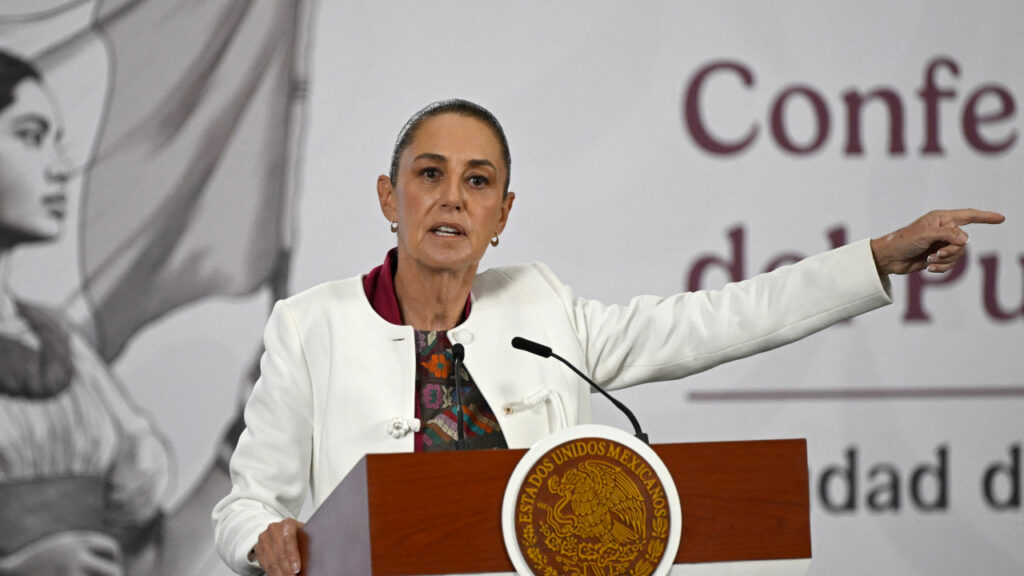
France Becomes First Nation To Make Abortion Rights Constitutional, Leading Global Change
There is no better way to observe Women’s History Month than by celebrating France’s historic achievement. The European country has become the first in the world to explicitly include abortion rights in its Constitution.
Just as you read it. It’s March 2024, and it’s only now getting around to recognizing access to abortion as a human right.
French parliamentarians voted to revise the 1958 Constitution and enshrine women’s “guaranteed freedom” to have an abortion.
Streets across the country rumbled as giant screens showed the overwhelming vote, 780 votes in favor and 72 against.
A long-overdue achievement for the feminist movement
Although abortion has been legal in France since 1975, it was not considered a constitutional right. This meant that, as is the case today in the United States, a right-wing government could decide on a whim to make it illegal.
Now, while other countries include reproductive rights in their constitutions, France is the first to explicitly guarantee the right, the BBC explained.
President Emmanuel Macron described the measure as a “French pride” that had sent a “universal message.” Indeed, after the vote, the Eiffel Tower in Paris lit up in celebration and in a nod to what is happening in the United States, with the message “My Body My Choice” in English.
“We’re sending a message to all women: your body belongs to you, and no one can decide for you,” Prime Minister Gabriel Attal told the Parliament.
Even as abortion appears to be a political bargaining chip, France’s decision is critical
In times of political upheaval like the one the world is currently experiencing, issues such as abortion or immigration rights are always the first to be raised on banners.
French critics and anti-abortion groups accused President Macron of using the feminist cause as a political campaign. However, the reality is that the French Parliament’s decision is critical for women’s rights worldwide.
As explained by the Associated Press, Macron proposed the historic move “as a way to prevent the kind of rollback of abortion rights seen in the United States in recent years.”

Indeed, since state governments began curtailing women’s reproductive rights in the United States, the issue went back into public debate “in some countries at a time when far-right nationalist parties are gaining influence” in Europe, the AP continued.
“This right (to abortion) has retreated in the United States. And so nothing authorized us to think that France was exempt from this risk,” said Laura Slimani, from the Fondation des Femmes rights group to the BBC.
However, the French Parliament’s decision sends a clear message to the world: as long as a country protects rights, there is hope.




